- myFICO® Forums
- FICO Scoring and Other Credit Topics
- General Credit Topics
- Re: Something not disclosed in a loan
- Subscribe to RSS Feed
- Mark Topic as New
- Mark Topic as Read
- Float this Topic for Current User
- Bookmark
- Subscribe
- Mute
- Printer Friendly Page
Something not disclosed in a loan
Is your credit card giving you the perks you want?
Browse credit cards from a variety of issuers to see if there's a better card for you.
- Mark as New
- Bookmark
- Subscribe
- Mute
- Subscribe to RSS Feed
- Permalink
- Report Inappropriate Content
Something not disclosed in a loan
I'll keep this as short as I can. Last year, my husband and I had a big local heating comapny install equipment in our home. They offered financing, which we took advantage of. The salesman took my husband's info over the phone, and then called me back later to confirm that we had financing. On the day of install, I asked about the loan paperwork and was told that "it didn't matter". Install went on as planned.
When we received the loan book, we noted that a $200 origination fee had been applied. We complained to the heating company, and they gave us a freebie from them worth about $200. Not thrilled, but...whatever. Until now...when I find that the Credit Union has secured the title of our home. As in, as I'm trying to refinance, we have to go through the subornation process. On a loan we never signed for, that we never were disclosed two really important things. Working on paying that loan off ASAP, but feeling really screwed in the meantime. Is what they did legal?
- Mark as New
- Bookmark
- Subscribe
- Mute
- Subscribe to RSS Feed
- Permalink
- Report Inappropriate Content
Re: Something not disclosed in a loan
Contractors can file liens without any financing if they do work on your home.
Not sure if it is related but there are all kinds of issues like this in the home improvement industry.
DON'T WORK FOR CREDIT CARDS ... MAKE CREDIT CARDS WORK FOR YOU!

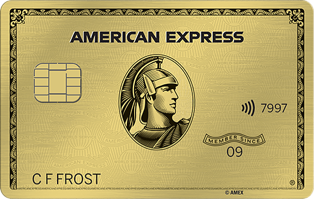
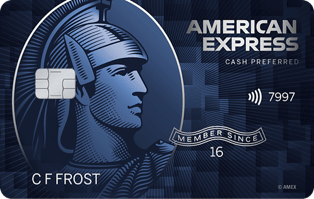











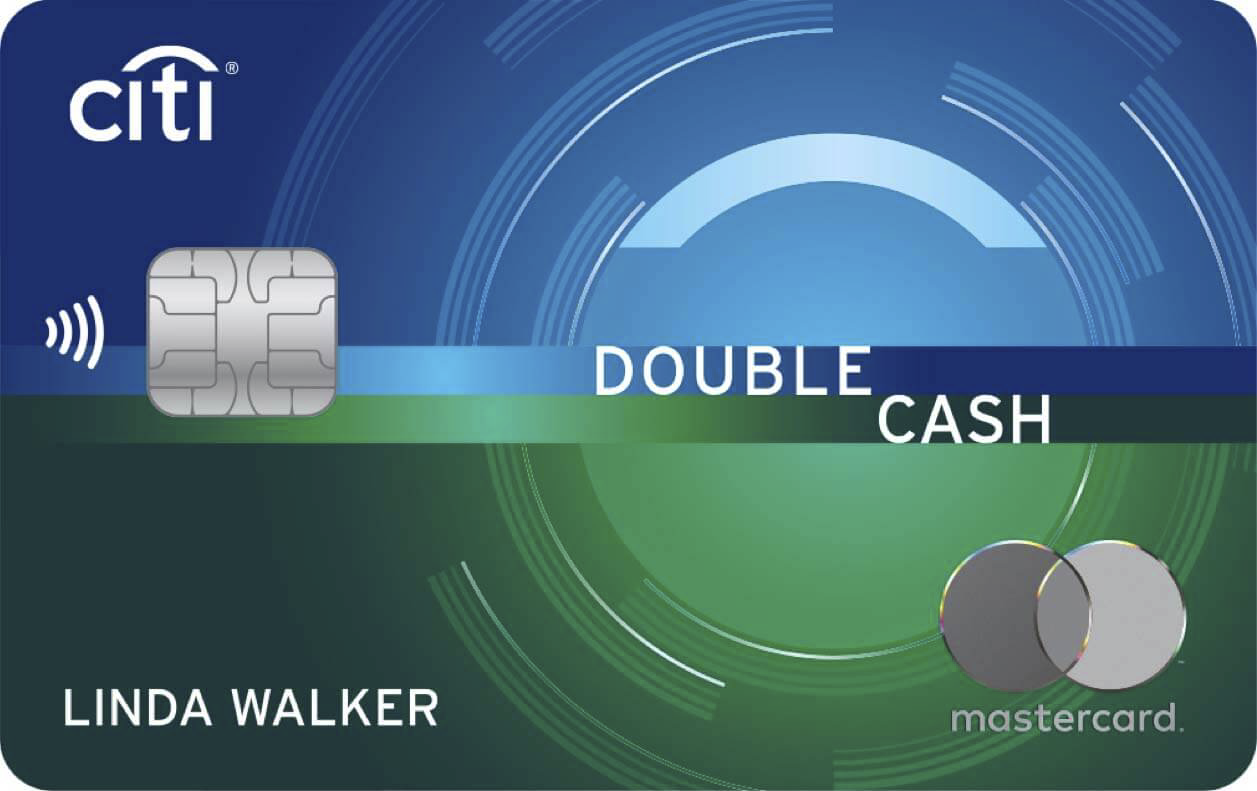











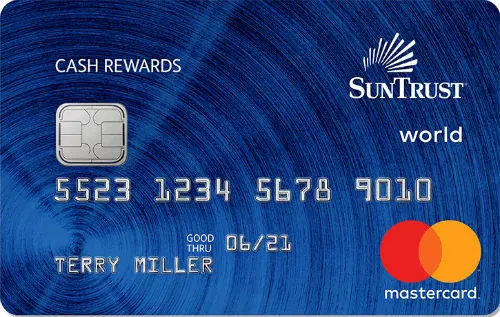





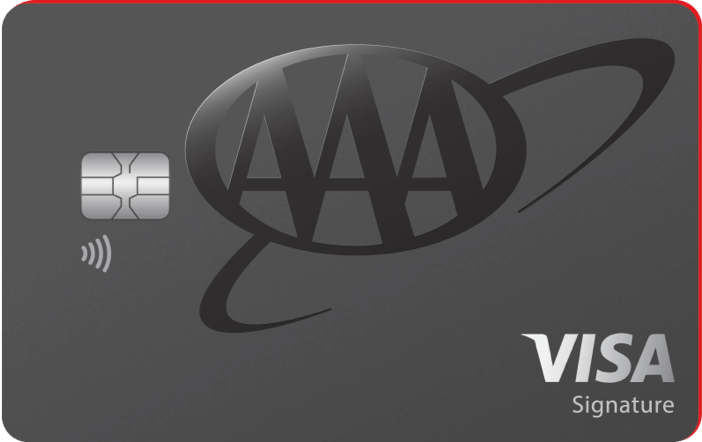








- Mark as New
- Bookmark
- Subscribe
- Mute
- Subscribe to RSS Feed
- Permalink
- Report Inappropriate Content
Re: Something not disclosed in a loan
Yes, this is called a mechanic's lien. It's a lien placed by a contractor or subcontractor. It's so the person supplying the materials and labor gets paid back.
The laws around this vary by state. Some states require advance notification of a mechanic's lien, and some don't. If you're in a state that does require it, it may render it unenforceable. Sometimes, it's the monetary value that's a trigger for a mechanic's lien - in some states the work has to be over a certain amount.
My office was working on a road project that went through a neighborhood as the result of a settlement - the contractor sent notices to the homeowners bordering the road they were putting a mechanic's liens on the properties touching the road. In this case, it was standard practice gone awry - the property owners actually had no financial responsibility for this project. It wasn't a case of the contractor not being paid, either - they hadn't even finished the road improvement yet. It was my job to smooth ruffled feathers over that. LOL.
You'd have to do a bit of checking around for the laws regarding mechanic's liens in your state. The financing component of it, and the $200 origination fee, sounds like an in-house thing and would not be related to the lien itself. Sounds like you got that part handled. I'd be miffed about that too, and want to see the terms and conditions and any and all paperwork regarding it.
- Mark as New
- Bookmark
- Subscribe
- Mute
- Subscribe to RSS Feed
- Permalink
- Report Inappropriate Content
Re: Something not disclosed in a loan
|| AmX Cash Magnet $40.5K || NFCU CashRewards $30K || Discover IT $24.7K || Macys $24.2K || NFCU CLOC $15K || NFCU Platinum $15K || CitiCostco $12.7K || Chase FU $12.7K || Apple Card $7K || BOA CashRewards $6K
- Mark as New
- Bookmark
- Subscribe
- Mute
- Subscribe to RSS Feed
- Permalink
- Report Inappropriate Content
Re: Something not disclosed in a loan
Well, it's not clear to me what's going on here. Posters seem to think it is a Mechanic's Lien. DboB states that "on the day of install, (he/she) asked about the loan paperwork and was told that 'it didn't matter'. Install went on as planned." Did they sign paperwork accepting the completed work? I would think that to place a Mechanic's Lien a contractor would have to have some documentation that the work was done with the property owners' consent & acceptance of the work. If not I think I'll go get a contractor's license and put a couple hundred thousand bucks of mechanic liens on folks I don't like. ![]()
Secondly, DboB states that "I find that the Credit Union has secured the title of our home". The CU couldn't have placed a lien on the property without loan documentation. Presumably the contractor signed over a Mechanic's lien to the credit union? This would seem a pretty shady practice for a credit union. Bob's Payday Loans, perhaps, but a credit union, no.
And what's the interest rate on this loan? A loan secured by a lien on a property would be the equivalent of a Home Equity loan and should have an interest rate around 6%. If this is the result of a Mechanic's lien assigned to a credit union I suspect it is much higher.
- Mark as New
- Bookmark
- Subscribe
- Mute
- Subscribe to RSS Feed
- Permalink
- Report Inappropriate Content
Re: Something not disclosed in a loan
Yes, if you took out a contractor's license, and performed either the type of work or the monetary value that qualified for a mechanic's lien, you could put a lien on the home of the folks you don't like. However, they'd have to hire you first. ![]()
Usually, this type of thing is in the fine print of whatever contract was signed with the HVAC people in order to perform the work. Somewhere in there, it would state that a mechanic's lien is a possibility. A mechanic's lien is independent of financing. It would have happened whether the OP took advantage of their financing, or not. It's tied to the work performed. However, a notice of a mechanic's lien is state-dependent. In California, they did do a mailed notice, and for my road work project I noted at the time it was certified mail, too. It's different in other states, but I would have no idea of the specifics of each state.
As far as a 'credit union' putting a lien on their home, it may be that the lien is held by a credit union, and that is what would be showing up on the home's title report. All liens and mortgages on the property would be listed on the title, but I don't know how it would present itself; as in 'DaveInAZ's Contracting' or the bank that you use for financing as a convenience for your customers. The lien would remain on the title until the work is paid off - financing or otherwise.
Now, as far as not getting the loan paperwork and the company representative stating it 'didn't matter,' that's a different issue. I agree with the OP - I'd be pretty upset. Always, ALWAYS get a copy of anything involving money. Especially a lot of money. It always matters.
(let us know when you get that contractor's license - I have a short list of prospective customers for you....![]() )
)
- Mark as New
- Bookmark
- Subscribe
- Mute
- Subscribe to RSS Feed
- Permalink
- Report Inappropriate Content
Re: Something not disclosed in a loan
The lien is held by the Credit Union. I will never again allow work to be done on our home without knowing the full details of any financing. I'm still pretty hot about this. I filed a complaint with the board that regulates CU's in our state. I'm immolated at the idea that a loan was made in my husband's name, a lien placed, and no signatures were involved...and he *never* talked to the sales person *or* the CU. That just seems totally shady to me. In fact, our mortgage guy told us that this particular CU has a lot of complaints regarding this very issue.
- Mark as New
- Bookmark
- Subscribe
- Mute
- Subscribe to RSS Feed
- Permalink
- Report Inappropriate Content
Re: Something not disclosed in a loan
Good, glad you're going to pursue it. If you don't hear what you need to from the credit union and the contractor, think about talking to an attorney.
- Mark as New
- Bookmark
- Subscribe
- Mute
- Subscribe to RSS Feed
- Permalink
- Report Inappropriate Content
Re: Something not disclosed in a loan
I agree with BlueOak... I'd be calling an attorney. In the state of MN, when you build a new home (even if the builder holds the loan and SELLS it to you) and contractors aren't paid by the builder they can put a lien against your home (Not bothering to go after the builder). There's insurance to cover us who choose to build new... and it's come in handy. HOWEVER, if you have NO PAPERWORK, and there was NO SIGNATURE, there is NO CONTRACT.... and therefore YOU should not be liable for the cost, nor should there legally have been a lien placed against your home. Is the CU reporting this loan to the credit bureaus? Does it show up on your credit report? Sounds SUPER SHADY... and not sure how a CU could legally do this. Pick up the phone and talk to an attorney, most will chat about the situation for free & let you know what your rights are. Good luck!!
Current FICO Scores: EQ749; TU732; EX733
- Mark as New
- Bookmark
- Subscribe
- Mute
- Subscribe to RSS Feed
- Permalink
- Report Inappropriate Content
Re: Something not disclosed in a loan
Maybe a home-improvement loan was taken out through the credit union with the property as security? Either way to attach to the property one or two things Has to happen. Either there Has to be non-payment for a contractor to create a lien, which then must be followed up by a lawsuit to acquire a judgment, Or paperwork had to be signed conferring a security interest in the property by the property owner.
If neither of these occurred, then it’s void and you may not even be legally responsible to pay for it. Equitably and morally may be another story.
You need to see this paperwork confirming a security interest and find out if it’s a loan, who signed it and then head down to law-enforcement to swear out a complaint for forgery.
If it’s a mechanics lien, they’re typically limited to one year before they expire. Within that timeframe the contractor Has to bring a lawsuit to acquire a judgment. All this varies by state. But if the lien could not be created absent nonpayment. And even if it was, it’s only good for a certain period of time unless they sue you and get a judgment.
You need to go get this paperwork find out what it is and go see an attorney.